Churrasco Seasoning: The Secret Behind Latin America’s Juiciest Grills
Table of Contents
- What Is Churrasco Seasoning?
- A Taste of Tradition: The Origins of Churrasco
- The Spice Lineup: What Goes Into Churrasco Seasoning
- Pro Tips for Using Churrasco Seasoning Like a Local
- 5 Sizzling Churrasco Seasoning Recipes to Try at Home
- How to Store Your Churrasco Magic
- Churrasco vs. Other Global BBQ Rubs – A Flavor Face-Off
- Final Thoughts: Master the Flame with Churrasco
What Is Churrasco Seasoning?
Picture this: thick slabs of meat sizzling over open flames, dripping with flavor, and served straight off skewers like edible art. This is churrasco—Brazilian-style barbecue—and its secret weapon? Churrasco seasoning.
This isn’t just salt and pepper; it’s a bold, herbaceous blend that turns meat into mouthwatering magic. Whether you're grilling in your backyard or dreaming of South American street feasts, understanding this spice mix can elevate your cookouts from good to gourmet.
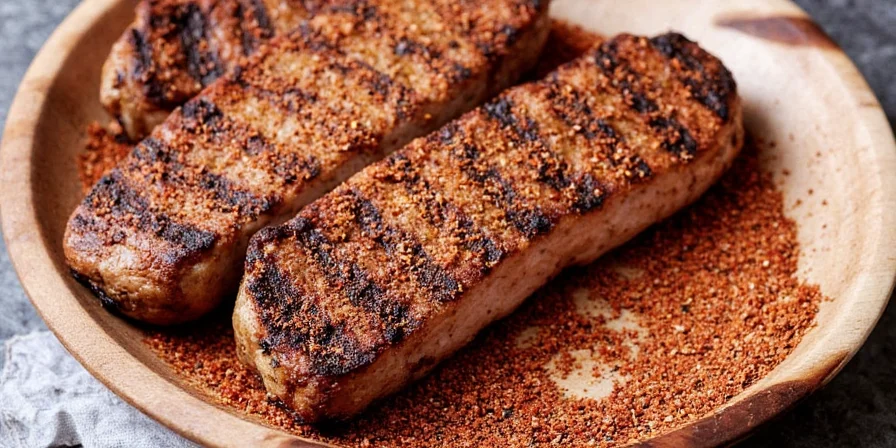
A Taste of Tradition: The Origins of Churrasco
The word churrasco comes from the Galician language in Spain but found its true home in Brazil and Argentina. Traditionally cooked asado-style (slow-roasted over wood), churrasco became the heart of gaúcho culture—the rugged cowboys of southern Brazil who grilled their catch-of-the-day with nothing more than coarse salt and fire.
Over time, herbs like garlic, oregano, and parsley were added to create a balanced, earthy rub that enhances without overpowering the meat. Today, churrasco seasoning is a global favorite, showing up everywhere from backyard barbecues to Michelin-starred steakhouses.
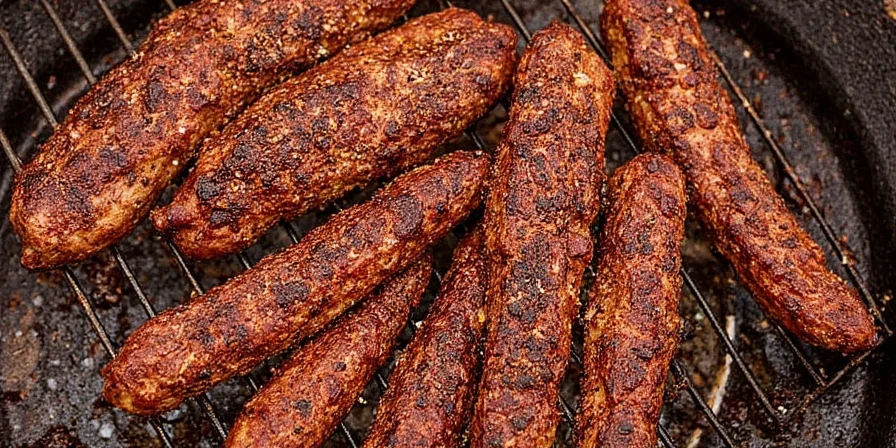
The Spice Lineup: What Goes Into Churrasco Seasoning
So what exactly makes churrasco seasoning so special? Here’s a breakdown of the typical players in this culinary ensemble:
- Salt – The backbone of any churrasco rub. It pulls moisture out, creates a crust, and helps other spices stick.
- Fresh Garlic – Often smashed or minced and rubbed directly onto the meat for deep, aromatic flavor.
- Oregano – Earthy and slightly bitter, it balances the richness of the meat.
- Parsley – Adds brightness and freshness to cut through all that umami.
- Black Pepper – A punchy kick that lingers on the palate.
- Cumin (optional) – For those who like a smoky, nutty warmth.
- Red Pepper Flakes (optional) – For a subtle heat wave.
The beauty of churrasco seasoning lies in its simplicity and versatility—you can tweak it to match your taste while staying true to tradition.
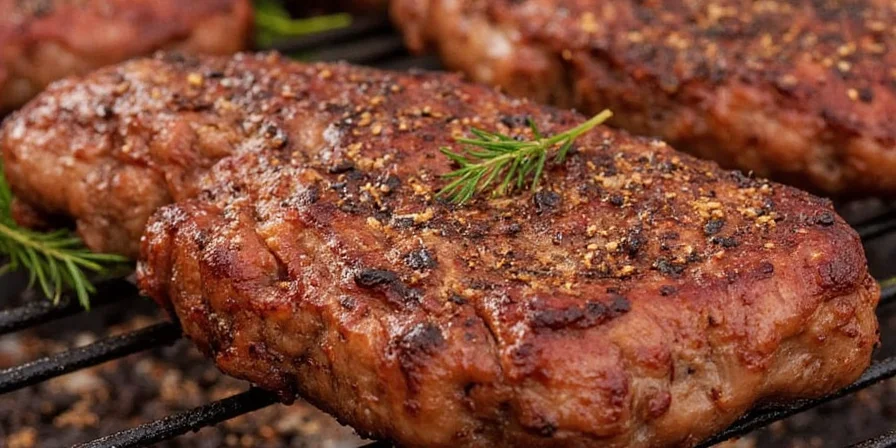
Pro Tips for Using Churrasco Seasoning Like a Local
If you’re ready to bring that Latin American flair to your grill, here are some insider tips to make sure every bite sings:
- Rub Early, Rest Well – Apply the seasoning at least 30 minutes before grilling (or even overnight) to let flavors penetrate the meat.
- Keep It Coarse – Don’t grind everything too fine. A rustic texture gives that authentic feel.
- Meat Matters – Go for cuts like flank steak, sirloin, or ribeye. Fatty cuts work best since they carry flavor beautifully.
- Grill Smart – Use high heat to sear, then lower heat to finish cooking. Rotate often for even char.
- Don’t Overdo It – Churrasco seasoning is bold but not aggressive. Let the meat shine.
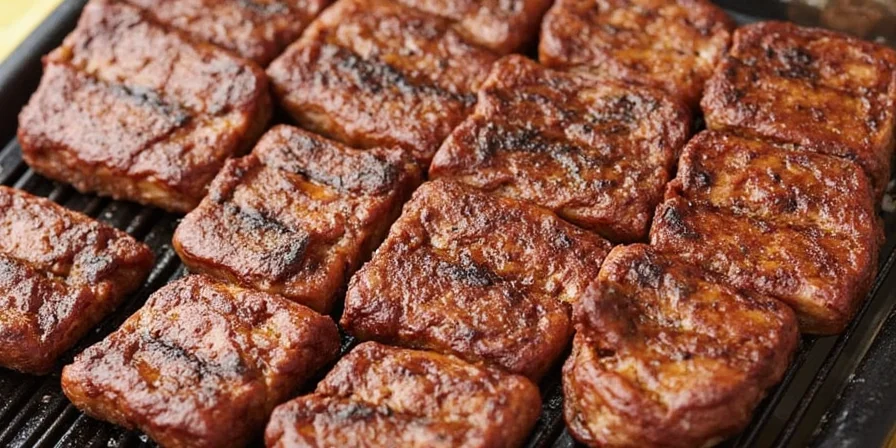
5 Sizzling Churrasco Seasoning Recipes to Try at Home
Ready to experiment? Here are five delicious variations to try—from classic to creative:
| Recipe Name | Key Ingredients | Best For | Heat Level |
|---|---|---|---|
| Classic Brazilian Churrasco | Salt, garlic, parsley, black pepper | Flank or skirt steak | Mild |
| Argentinean Style Chimichurri Churrasco | Garlic, parsley, oregano, red wine vinegar, olive oil | Grilled chicken or pork | Medium |
| Smoky Tex-Mex Twist | Cumin, smoked paprika, garlic powder, onion powder | Brisket or ribs | Medium-High |
| Fiery Fusion | Chili flakes, lime zest, garlic, salt | Shrimp or lamb chops | Spicy |
| Herb Heaven | Rosemary, thyme, garlic, salt, black pepper | Vegetarian options (grilled mushrooms, eggplant) | Mild |
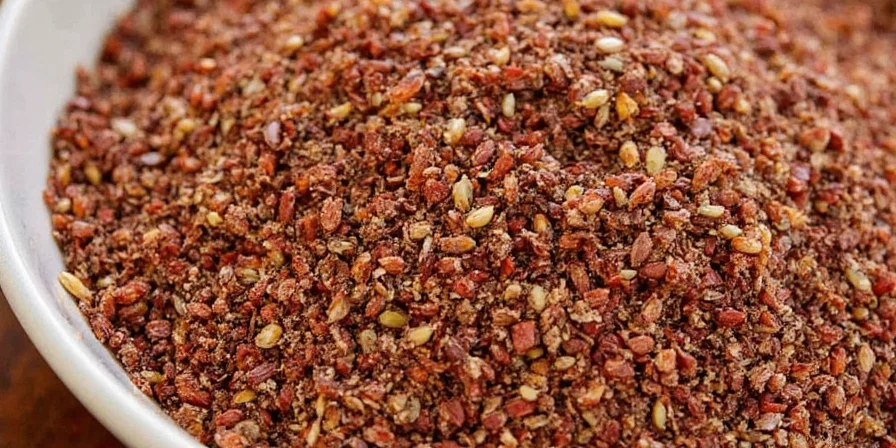
How to Store Your Churrasco Magic
Want your homemade churrasco seasoning to last longer than a summer fling? Here's how to keep it fresh and flavorful:
- Dry It Out – If using fresh herbs, dry them thoroughly before mixing to prevent mold.
- Airtight Everything – Store in a sealed jar away from light and moisture.
- Cool & Dark – A kitchen cabinet works better than a sunny windowsill.
- Label & Date – Helps you remember which blend is which and when you made it.
Homemade churrasco seasoning can last up to 6 months if stored properly. Pro tip: Make extra batches during summer grilling season!
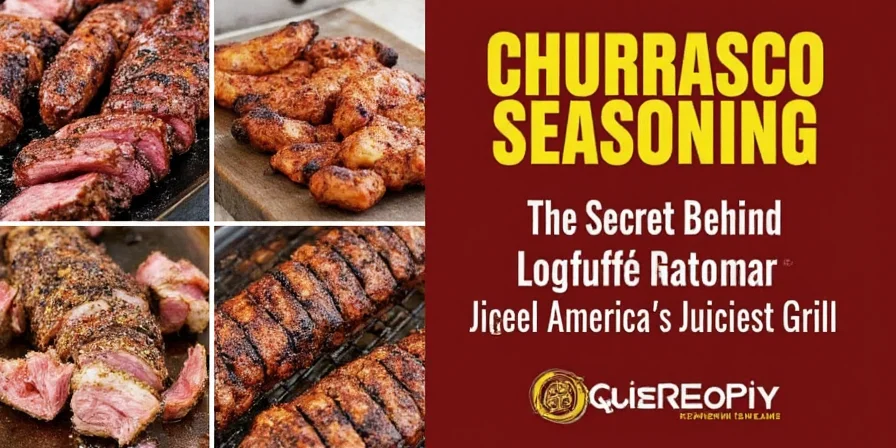
Churrasco vs. Other Global BBQ Rubs – A Flavor Face-Off
While churrasco has its own charm, how does it stack up against other famous rubs from around the world? Let’s break it down:
| Rub Type | Main Flavors | Common Meats | Region | Flavor Profile |
|---|---|---|---|---|
| Churrasco | Garlic, parsley, salt, pepper | Beef, Chicken | Brazil/Argentina | Earthy, Fresh, Savory |
| Texas BBQ | Black pepper, chili powder, cumin | Brisket, Ribs | USA | Smoky, Spicy, Robust |
| Korean Dakgangjeong | Gochujang, gochugaru, garlic | Chicken Wings | Korea | Sweet, Spicy, Sticky |
| Jamaican Jerk | Allspice, thyme, scotch bonnet | Chicken, Pork | Jamaica | Spicy, Herbal, Smoky |
| Indian Tandoori | Yogurt, ginger, garlic, garam masala | Lamb, Chicken | India | Creamy, Spiced, Aromatic |

Final Thoughts: Master the Flame with Churrasco
Whether you're flipping burgers or hosting a feast, churrasco seasoning is your golden ticket to flavor town. With its roots deep in Latin American history and its flavors bold enough to steal the show, it’s no wonder this spice blend has become a global sensation.
So next time you fire up the grill, grab your churrasco mix, channel your inner gaucho, and get ready for a flavor explosion. And don’t forget—every great steak deserves a little smoke, a little spice, and a whole lot of love.
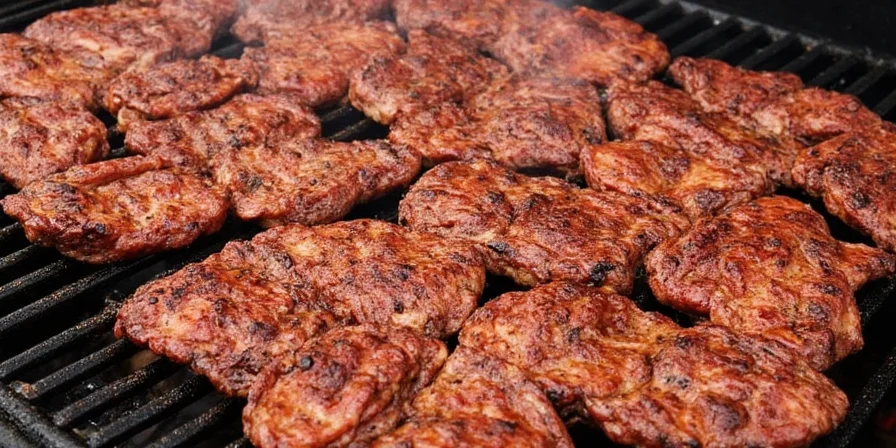

![Churrasco Seasoning: The Secret Behind Latin America’s Juiciest Grills [5 Must-Try Recipes]](https://sc02.alicdn.com/kf/Hbae3ababb3de47508f6f5fc61d15b372E.png)









 浙公网安备
33010002000092号
浙公网安备
33010002000092号 浙B2-20120091-4
浙B2-20120091-4